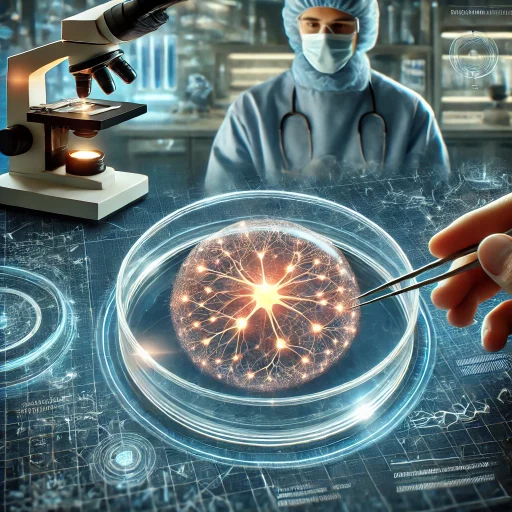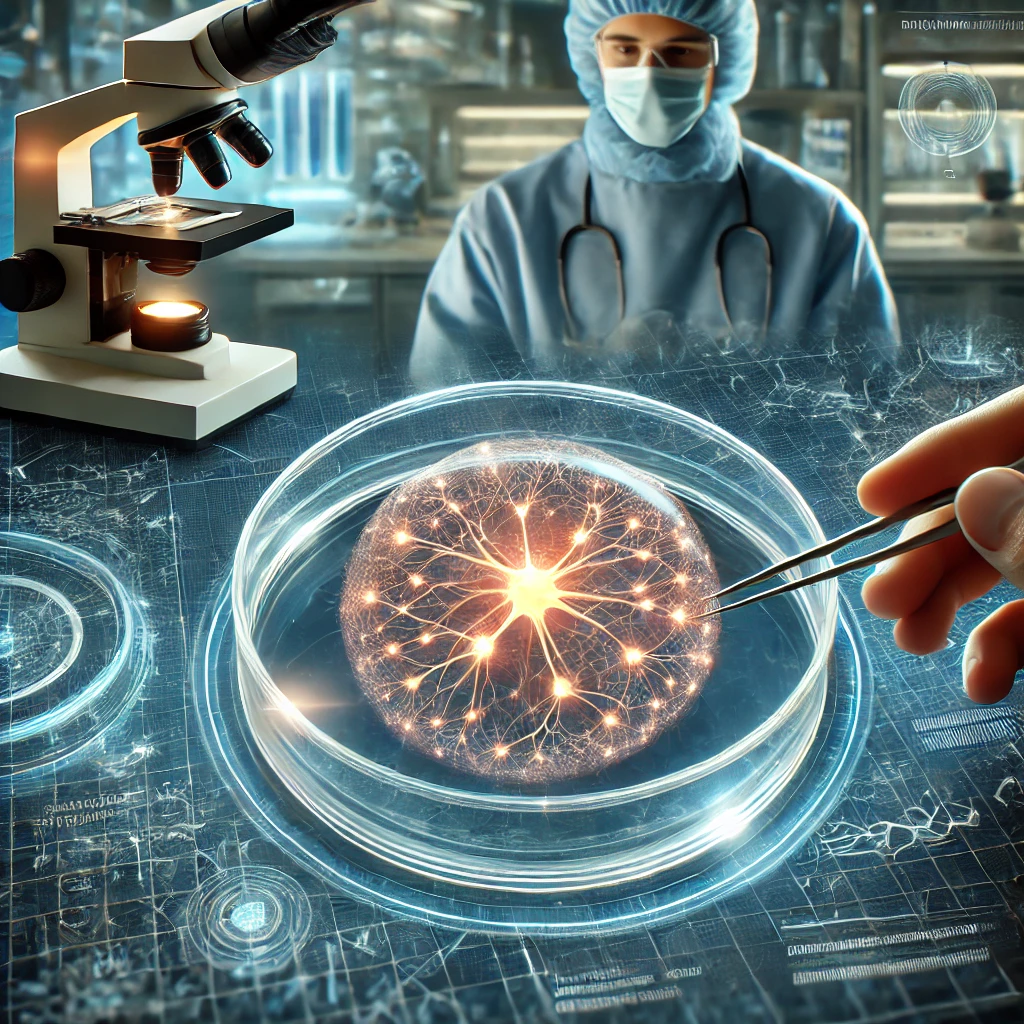A Surprising Discovery
What if the tiniest parts of your body—your cells—could learn and adapt like your brain? Scientists have discovered that individual cells may have a form of “memory,” challenging long-held beliefs about how learning works at the smallest levels.
Learning Without a Brain
In a groundbreaking study, researchers observed brain cells in a petri dish responding to repeated electrical signals. Over time, these cells adapted their behavior, indicating they might be capable of learning and memory. This process is similar to Pavlov’s famous experiment with dogs associating a bell with food, but in this case, it happens at a cellular level.
Unlocking New Medical Frontiers
If cells can learn, it opens doors to revolutionary possibilities in medicine. For example, scientists could engineer cells to “learn” how to combat diseases more effectively or adapt to changing conditions in the body. This could lead to smarter, more targeted treatments for illnesses and even inspire advancements in artificial intelligence.
Rethinking Intelligence
Learning has traditionally been associated with organisms that have brains, but this study challenges that assumption. It suggests that even the simplest units of life may have untapped potential for intelligence and adaptability. This finding not only expands our understanding of biology but could also lead to innovations in fields like neurology, AI, and personalized medicine.
Source: ScienceAlert





